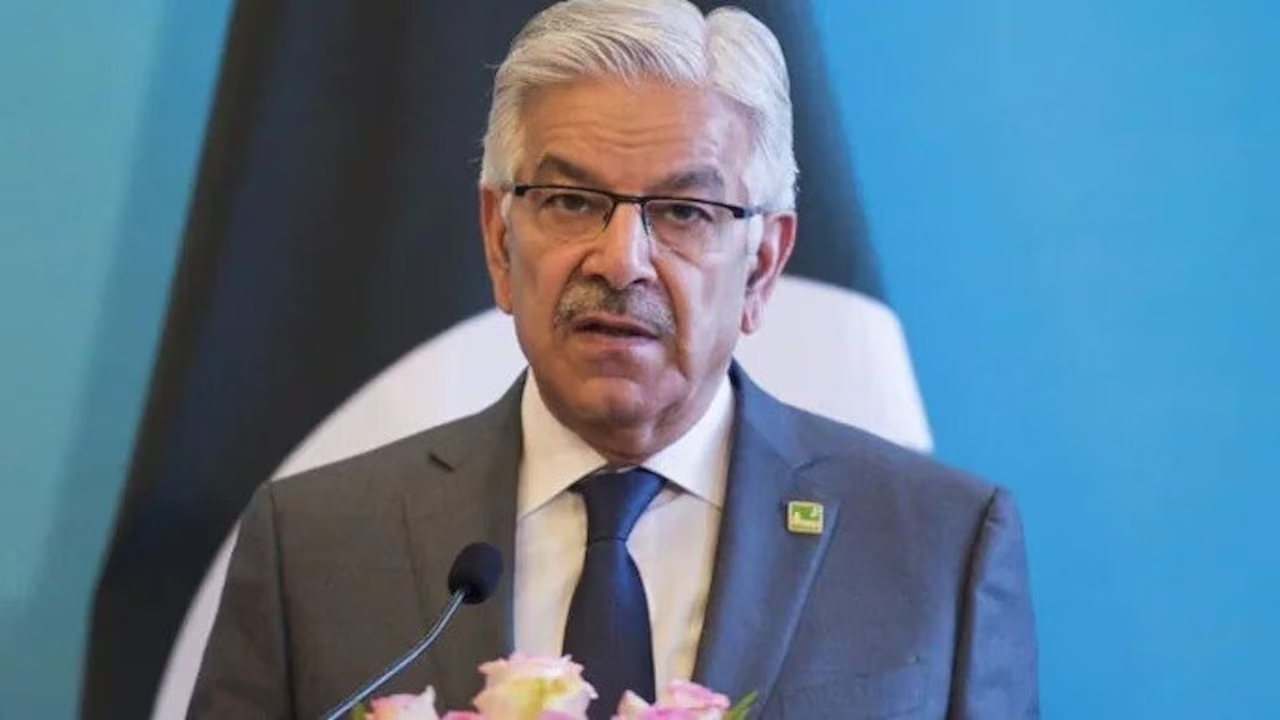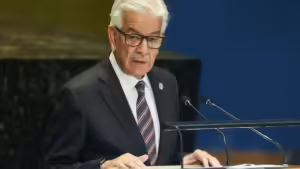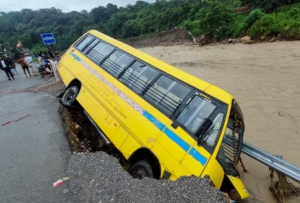In a startling public admission that has caught diplomatic circles by surprise, a senior Pakistan minister recently acknowledged his country’s involvement in funding and training terrorist groups over several decades. The bombshell statement comes amid growing international pressure on Pakistan to address its complex relationship with militant organizations.
You might find this recent development deeply troubling as it confirms what many global security experts have suspected for years. The minister’s frank words have sparked a major debate about Pakistan’s long-standing policies toward armed groups operating within and beyond its borders.
Pakistan Minister Makes The Shocking Admission
According to reports, the Pakistani official stated plainly that his nation had been “doing the West’s dirty work” for decades. This rare moment of candor reveals how Pakistan served as a proxy in various regional conflicts.
You should understand this admission comes after years of Pakistan denying such direct links to terrorist groups. The minister spoke about how Pakistan became entangled in these operations while taking orders from Western powers who sought influence in the region without direct involvement.
Pakistan Minister Makes Shocking Admission Historical Context
During the Cold War period, you could trace how Pakistan began this practice when Western nations sought allies to counter Soviet influence in Afghanistan. The Pakistani security forces helped train and equip Afghan mujahideen fighters who later formed the basis for more radical groups.
You might recall how this relationship evolved after the Soviet withdrawal from Afghanistan. Instead of dismantling these training camps and funding networks, Pakistani agencies maintained these connections for strategic depth against regional rivals.
- Training camps remained operational across border regions
- Funding continued through various channels
- Strategic goals shifted toward regional influence
- Deniability became central to the approach
International Reactions
The diplomatic world has responded with mixed views to these remarks. Indian officials quickly seized upon the admission as vindication of their long-standing claims about Pakistani state support for cross-border terrorism.
You could see how American officials have expressed concern while noting that current Pakistan-US relations involve complex security cooperation. European Union representatives have called for added focus on regional stability following these revelations.
Chinese officials, Pakistan’s close allies, have mostly avoided public comments on the matter. Russia has urged calm while suggesting further dialogue between regional powers might prove beneficial.
Domestic Pakistani Response
Within Pakistan itself, you might notice political reactions have varied widely. Opposition parties have called for investigations into these claims, while government loyalists have attempted to downplay or reframe the minister’s words.
You can observe how Pakistani media outlets have offered divided coverage. Some brave voices have called for national reflection on these policies, while others argue these actions were necessary for national security concerns.
Common citizens appear shocked by the casual nature of the admission. Many wonder about potential international repercussions that could affect their daily lives through sanctions or diplomatic isolation.
Regional Implications
You might worry about how these remarks will affect already tense relations between Pakistan and India. The admission provides India with fresh ammunition in international forums where it has long accused Pakistan of supporting terrorism.
Afghanistan’s government has issued strong statements condemning these practices that have contributed to decades of instability within their borders. Security analysts point toward how these policies have undermined peace efforts across South Asia.
- Increased diplomatic tensions with neighbors
- Potential new sanctions against Pakistani entities
- Renewed scrutiny of cross-border militant activity
- Questions about Western complicity in regional instability
Future Outlook
You should watch closely as this story unfolds in the coming weeks. Pakistan faces difficult questions about whether these practices continue today and what steps might be taken toward reform.
Western nations implicated in these arrangements must address their roles in creating systems that have caused regional instability. Accountability seems likely to become a major theme in diplomatic discussions.
The admission might serve as a turning point for Pakistani foreign policy, though experts remain skeptical about immediate changes. Deep institutional investments in these networks make quick pivots difficult despite international pressure.
Pakistan Minister Makes Shocking Admission: Analysis and Perspective
Looking beyond official statements, you might consider how this revelation affects ordinary people across South Asia. Communities living under the threat of terrorism have paid the highest price for these geopolitical games played by powerful states.
You could argue these admissions, while shocking, offer a chance for honest dialogue about state-sponsored terrorism and proxy warfare. Transparency about past actions might prove essential for building lasting peace in this troubled region.
The minister’s words remind us how complex international relations often involve morally questionable arrangements that remain hidden from public view until moments of unusual candor break through carefully maintained official narratives.
Moving forward, you should expect increased scrutiny of Pakistan’s actions regarding militant groups. Whether this leads to meaningful change or merely temporary diplomatic discomfort remains to be seen in the coming months.







Be First to Comment